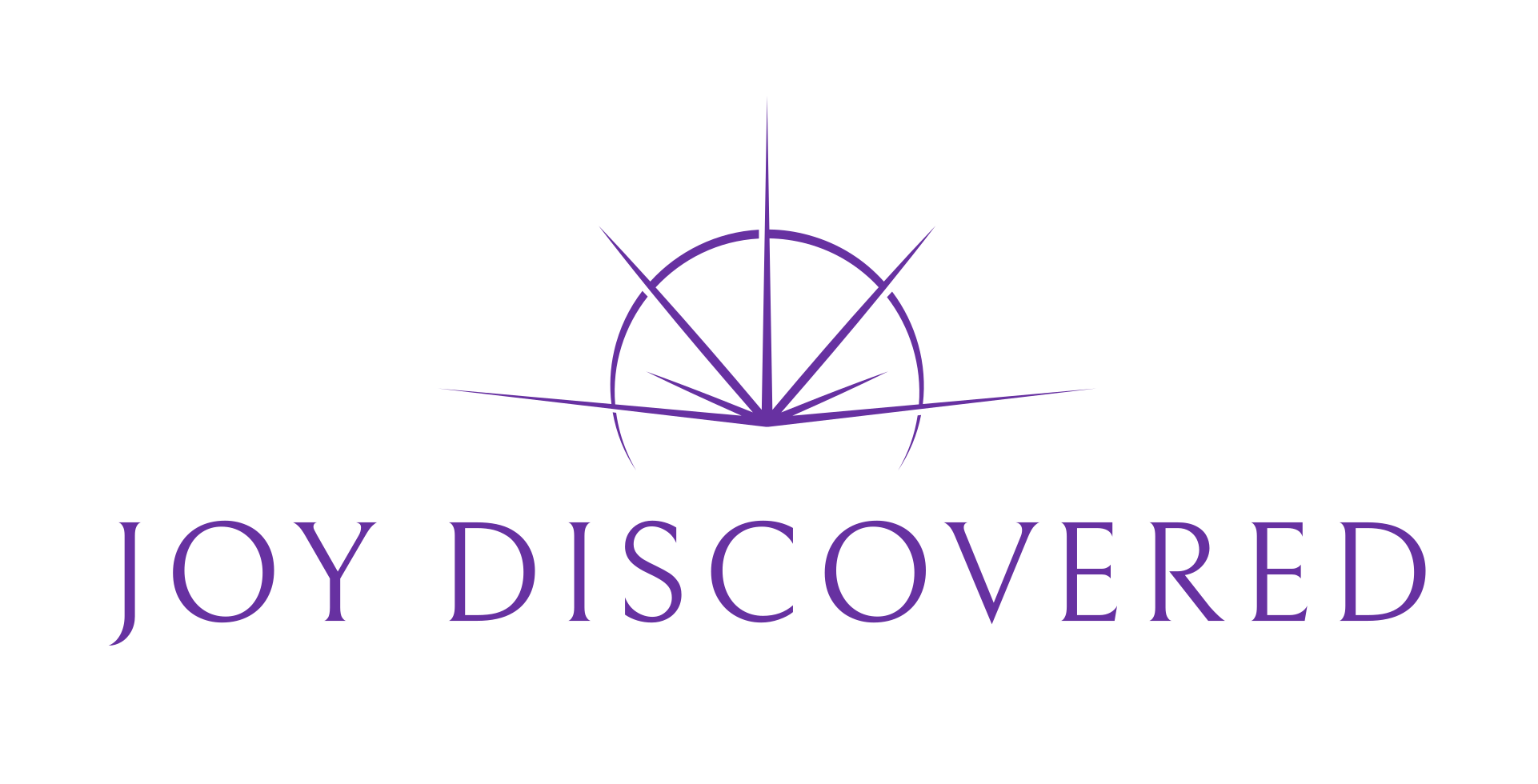Why We Shrink & Dim Our Light

Ever wonder why you second guess your abilities at work or underperform even though you know you’re capable of so much more? Have you ever looked in the mirror after a fight with your partner and asked, “Why did I add to this drama between us?” Or maybe you keep waking up each morning hopeful for some passion and a skip in your step, but instead it feels like you have kettlebells strapped to your ankles and you wonder if you’ll ever feel more fulfilled?
If you can relate to any of this – even just a little bit – you are not alone!
I was listening to a podcast recently where Dr. Gabor Maté was the guest. Dr. Maté is an addiction, trauma, and childhood development expert whose work I find fascinating and extremely helpful for both child and adult development. In the podcast, he was talking about the feud between our authentic self and attachment to our caregivers that we all go through in childhood. Dr. Maté says, “People have two basic needs: attachment and authenticity. When authenticity threatens attachment, attachment trumps authenticity.”
What this means is that, as a child, we yearn for love, acceptance, and recognition from our caregivers. This drive is very strong because our parent figures provide our basic human needs like food and shelter, so we recognize them as the key to our survival. We want to make them happy, because we fear if we don’t, they will withhold all those things that contribute to our safety and survival. Therefore, when we are confronted with the choice of acting in alignment with our authentic self or pleasing our parents, we choose to please our parents.
As young girls, we might be naturally strong, active, and assertive, then pick up on the fact that our parents seem to smile and nod their heads in approval more when we are pretty, quiet, and agreeable. Or, we may witness a look of disgust (or, maybe its envy…) on our mother’s face when we tell a joke to our extended family and are the center of attention. Our mother may even say in a light-hearted manner, “Oh, you’re too much sometimes. Why don’t you go outside and play with your cousins.” Then the false belief, “I am too much” begins to set in. In response to that false belief, we start to hold back and let other people have the spotlight while we shrink down on the sidelines.
The attachment vs. authenticity duel can even be simply demonstrated when our parents don’t pay much attention to us unless we make the honor roll, receive an award at school, or hit a home run at the softball game. We start to learn that what we accomplish is more important than who we are, and we set out on the unattainable goal of happiness through achievement and checking items off society’s “success” to-do list in order to gain love and attention. Decades later, with every box checked, we find ourselves with a gnawing feeling in our gut that something is off. A dull pain of discontentment or unfulfillment.
As we shapeshift into being the child that fulfills our parent figures’ needs, we move further away from our natural talents and way of being. We will avoid new activities or situations that could interfere with receiving recognition from our parents or caregivers. We stop taking risks and learn to ignore that part inside us that knows what’s best for us. We stop listening to ourselves and honoring our own needs and, instead, put someone else’s needs before our own or look to others for how we should show up in this world.
It’s a sad, vicious cycle. Think back to the mother who commented, “You’re too much.” That comment came from her own unconscious insecurities. It’s likely she chose attachment over authenticity when she was growing up and began dimming her own light and shrinking away from the spotlight to fit in and make her parents happy. Until she does the emotional intelligence work that we’re diving into here, she won’t understand why she is so annoyed or frustrated by her child’s full self-expression and comfort of shining in the spotlight. This pattern will play out generation upon generation… unless you choose to break it.
What does all this have to do with being an emotionally intelligent leader? 🤨
EVERYTHING! These relationship dynamics are not relevant to your family life only. They show up at work too. You get triggered by your co-worker that expresses a part of you that you denied as a child. You use the same demeaning tone to your employees to shame them into compliance. You can never be truly “great” because your natural talents and leadership abilities are smudged. Or you never summon the courage to share yourself authentically, which is a requirement for inspiring your team into their own greatness.
It’s a big price to pay.
Most people will never stop and explore that unfulfilled gnawing feeling and where it came from. They’ll fill their schedule and stay oh-so-busy. They’ll numb it through shopping or eating or drinking or scrolling. Anything to avoid looking inward.
Yes, it can be hard. Yes, it can be painful. But as you do the work of enhancing your emotional intelligence, that pain becomes your portal to a JOY and ZEST you’ve never felt before. It becomes your path to true happiness and success.
Which is what I want for you, and is why your team shows up to work every day.
For you.

Love and success,
💜 Your coach,
Sara






What's your greatest take-away from this blog? Any questions?